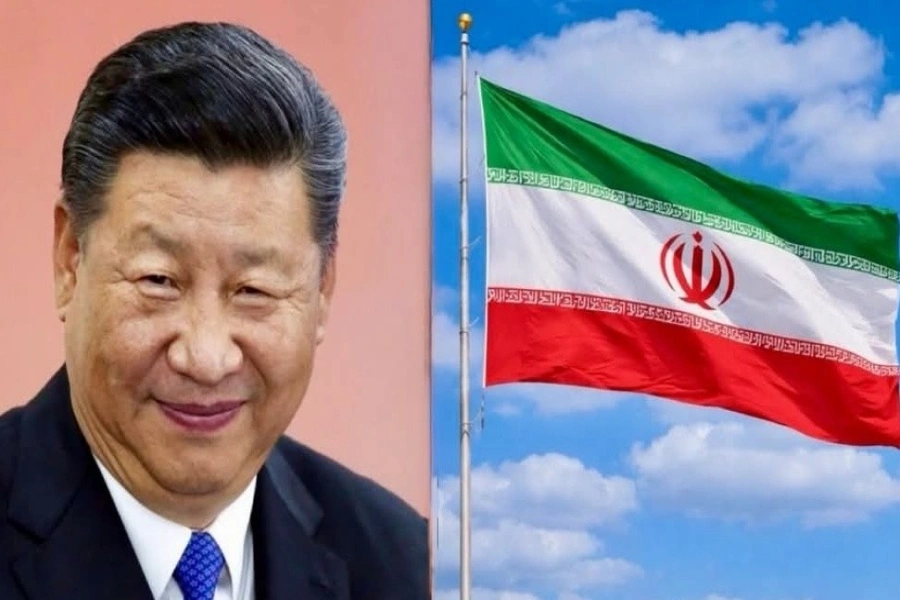KATHMANDU, March 9: With the deadline to implement the $500 million US grant under the Millennium Challenge Corporation (MCC) getting closer and the parliament yet to start deliberations on the grant, a debate on the grant has intensified outside parliament.
According to the Millennium Challenge Account Nepal (MCA-Nepal) – the entity established by the government to implement the MCC compact programs – ‘entry into force’ (Eif) date for the implementation of MCC will begin from June 30.
Parliamentary endorsement of the compact agreement is one of the six preconditions set by the MCC for providing the highest-ever amount of US grant to Nepal. After completing four other preconditions, the government of Nepal is struggling to endorse it from the parliament and finalize land acquisition for the projects to be funded by the grant. Although the land acquisition process is underway in Rupandehi and Tanahun districts, the grant endorsement process has stalled since the past few months.
Bungling on MCC

The government has yet to table the agreement for deliberations in parliament even nine months after registering it in the parliament secretariat. The current winter session of the parliament is due to be prorogued in a month – before mid-April. Following the delay in moving the agreement forward in parliament, debate over the grant has picked up in the political party meetings and public forums.
“The original plan was to endorse the agreement from the parliament by September last year. We are already five months behind our schedule. But we can still implement the agreement by June 30 if we are able to endorse it from the parliament within a month,” MCA-Nepal Executive Director Khadga Bahadur Bisht told Republica.
“Copies of the agreement were distributed to lawmakers subsequently after the agreement was registered at parliament secretariat last year,” said Rojanath Pandey, spokesperson at the parliament secretariat. “Such agreements are tabled for deliberations following a decision by the parliament’s Business Advisory Committee upon a request by the government,” he added.
Minister for Law, Justice and Parliamentary affairs, who is ex-officio representative of the government in the committee, has not proposed tabling the compact so far, according to other members in the BAC. The BAC is headed by the speaker of parliament.
According to Pandey, the government will most likely porogue the winter session by mid-April as budget session is expected to commence from May. There is a tradition of keeping a gap of at least 15 days between two House sessions. The budget session of the House is unlikely to discuss non-budgetary issues until it endorses the fiscal budget.
After divisions within the ruling Nepal Communist Party (NCP) over whether to endorse the MCC agreement from parliament, the government has remained hesitant to start deliberations on the grant in parliament. A task force formed by the NCP has suggested revising the grant agreement before it can be endorsed from parliament.
But the US has threatened to withdraw the grant if Nepal failed to implement the entry of force of the grant within the given deadline, according to sources. The decision about deadline extension should be taken from MCC board headed by US State Department secretary Mike Pompeo.
“They haven’t clearly said that they would withdraw the grant, but they may question us about the delay in endorsing the grant. And if we are unable to endorse the grant within a month, we may lose moral ground to seek an extension of the implementation deadline,” said Bisht of MCA-Nepal.
Nepal has almost completed four other pre-conditions including reaching agreement on modality with India on cross-border transmission line, including the MCC projects on the list of national pride projects, finalizing subsidiary agreements and forming a regulatory commission.



































